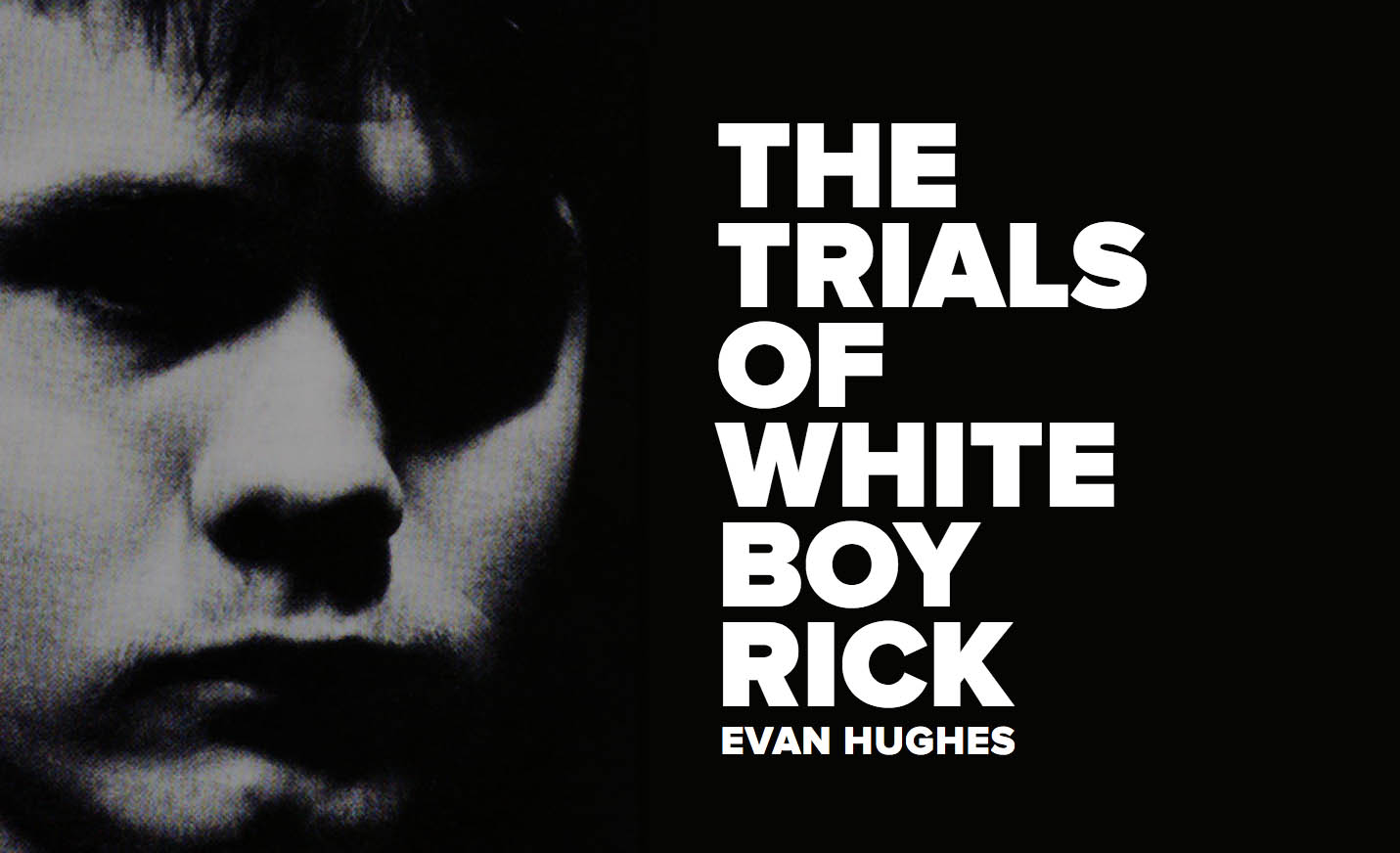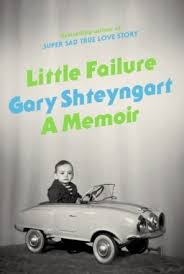Sponsored
Sponsor: OZY
Our sponsor this week is OZY, a new kind of media site. OZY doesn't just catch you up on the news, it vaults you ahead. Every day, OZY offers up short, thoughtful profiles of "the new and the next" — new people, places, things, trends and ideas that you won't be reading about anywhere else for months.
On top of that, every morning OZY sends out the Presidential Daily Brief, a great newsletter giving you a smart, sharp snapshot of the top 10 stories you absolutely need to know today. Curated by OZY's team of editors all around the world — and sometimes by luminaries such as Bill Gates and Tony Blair — the Presidential Daily Brief is a super easy way to find out what happened, why it matters, and what's next. Subscribe today.






















